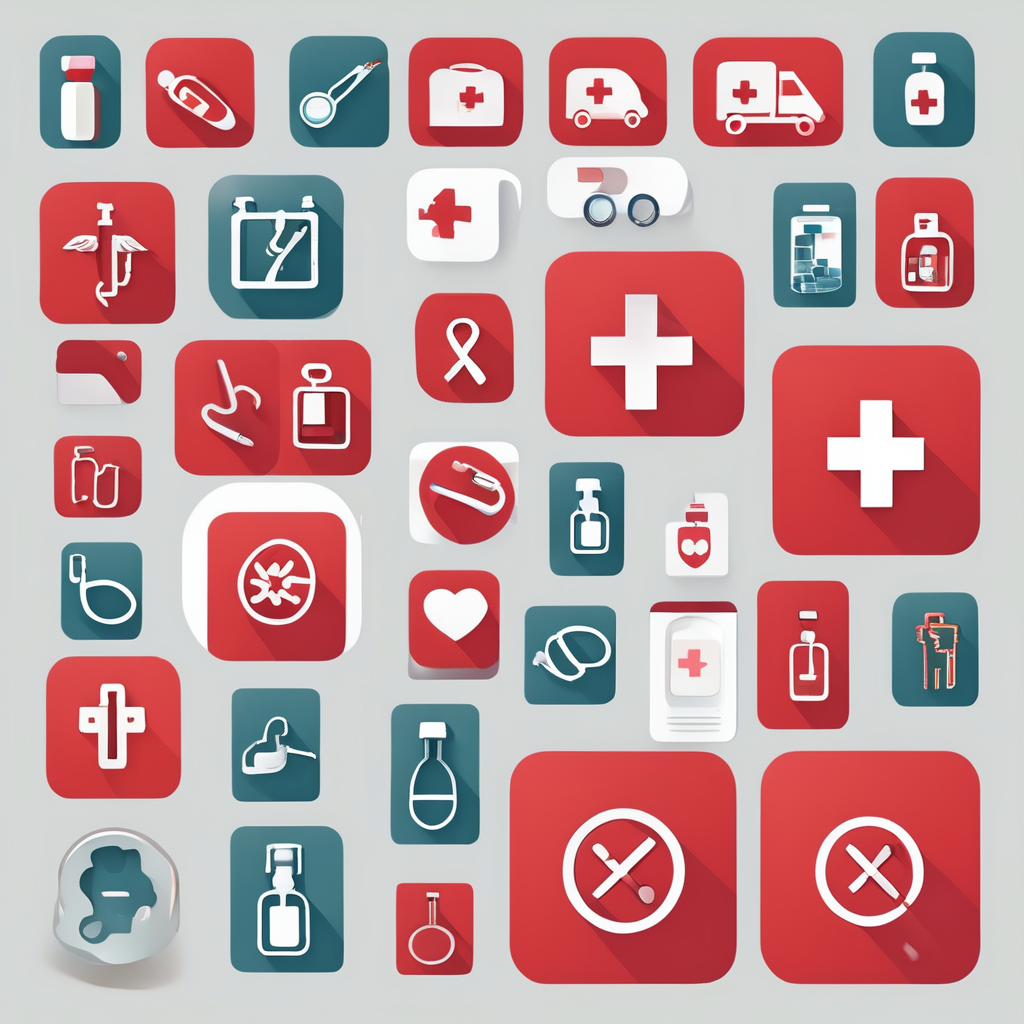Key methods UK health professionals use to stay informed about global medical advancements
UK medical professionals rely on a range of information sources to keep pace with global medical developments. One key method is participating in international conferences, seminars, and workshops. These events offer direct engagement with cutting-edge research and innovations from worldwide experts. By attending such gatherings, UK medical professionals gain firsthand insights into new techniques, treatments, and emerging health threats.
Accessing peer-reviewed medical journals remains another crucial avenue. These publications undergo rigorous scrutiny, ensuring that the information is credible and up to date. Subscriptions to leading journals allow healthcare workers to review clinical trials, meta-analyses, and guideline updates relevant to their specialties.
Have you seen this : How do UK health professionals ensure patient safety in high-pressure environments?
Furthermore, UK medical professionals benefit significantly from leveraging professional networks and international collaborations. Connecting with global healthcare partners fosters knowledge exchange that transcends traditional publications. These collaborative relationships enable sharing of practical experiences and the adaptation of global best practices within UK healthcare settings.
Together, these methods underpin effective staying updated with medical advancements, helping UK medical professionals contribute to evidence-based patient care that aligns with international standards.
This might interest you : What training programs are available for UK health professionals to enhance leadership skills?
Technology and digital platforms as tools for medical knowledge updates
Enhancing accessibility through innovation
Digital resources in medicine have transformed how UK medical professionals stay informed about global medical developments. Online platforms for health professionals provide flexible and immediate access to the latest information. For instance, medical webinars offer interactive environments where specialists can learn from global experts without the constraints of location or time. These webinars often feature live Q&A sessions, allowing practitioners to clarify doubts and deepen understanding instantly.
E-learning platforms complement traditional education by offering structured courses that can be completed at one’s own pace. This convenience encourages continuous engagement with new medical knowledge and guidelines, contributing significantly to staying updated with medical advancements.
Subscribing to digital medical journals and newsletters ensures that healthcare workers receive curated content directly relevant to their fields. These digital subscriptions often include alerts on breakthrough studies and guideline revisions, streamlining information flow.
Additionally, authoritative healthcare apps and databases serve as trusted digital resources in medicine. They consolidate evidence-based content, clinical tools, and real-time updates, supporting clinical decision-making. For UK medical professionals, integrating these digital solutions into routine practice optimizes knowledge acquisition, promoting high standards of patient care in an increasingly connected medical landscape.
Role of NHS, GMC, and organizational policies in continuous professional development
UK medical professionals rely heavily on NHS medical guidelines to align with international best practices and ensure patient care adheres to the highest standards. These guidelines are regularly updated, reflecting the latest evidence-based research and global medical developments. Staying updated with medical advancements mandates diligent review and integration of these updates into daily practice.
Additionally, compliance with GMC professional standards is essential for UK healthcare workers. The GMC mandates ongoing education and skills enhancement through structured continuing medical education (CME), ensuring professionals maintain competence and adapt to evolving medical knowledge. This requirement underscores the professional responsibility to engage actively in learning.
Organizational policies within UK healthcare settings reinforce these expectations by embedding continuing medical education into routine professional development plans. Mandatory CPD initiatives, often linked to appraisal and revalidation processes, encourage practitioners to reflect on their learning needs and demonstrate progress. This structured framework supports consistent growth and adoption of innovations emerging from global medical information sources.
Together, NHS guidelines, GMC standards, and organizational policies create a robust environment that prioritizes lifelong learning, enabling UK medical professionals to maintain expertise in a rapidly advancing international medical landscape.
Collaborative practices and knowledge exchange with global health communities
UK medical professionals actively engage in international medical collaborations to enhance staying updated with medical advancements. Partnering with UK healthcare partners worldwide enables seamless knowledge sharing beyond traditional reading or conferences. These collaborations often take the form of cross-border research projects, which accelerate the development of new treatments and improve clinical protocols on a global scale.
Participation in global expert panels and workgroups provides a direct channel for exchanging insights on emerging health challenges. Through these forums, UK health professionals contribute to setting international standards while adapting innovations for local needs. Online communities further facilitate continuous dialogue and rapid dissemination of global medical developments, overcoming geographic constraints.
Case studies reveal tangible benefits from such partnerships, including faster adoption of new therapies and shared responses to pandemics. By engaging in these collaborative networks, UK medical professionals maintain a comprehensive, real-time understanding of advances, thereby reinforcing evidence-based practice and improving patient outcomes across diverse medical fields.
Authoritative sources and trusted information channels
Ensuring credibility in medical knowledge
UK medical professionals depend on reputable medical sources to access accurate and reliable updates on global medical developments. Identifying such sources is essential for staying updated with medical advancements that truly impact clinical practice. Trusted medical information typically comes from well-established institutions, peer-reviewed journals, and official health organizations renowned for rigorous standards.
The integration of evidence-based practice is central in applying insights from international sources. By following validated clinical guidelines UK practitioners ensure patient care aligns with the latest scientific consensus. This reduces reliance on anecdotal reports and supports consistent, high-quality treatment decisions.
Moreover, clinical guidelines UK healthcare workers use are regularly revised and benchmarked against global standards. This ongoing alignment allows incorporation of new findings promptly and fosters uniformity in care delivery across the system.
To efficiently manage constant information flow, UK medical professionals utilize trusted digital and institutional channels. These platforms filter vast medical data, presenting concise updates tailored to specialty areas. With access to such reliable channels, healthcare practitioners can confidently update their knowledge and maintain excellence in patient management.

